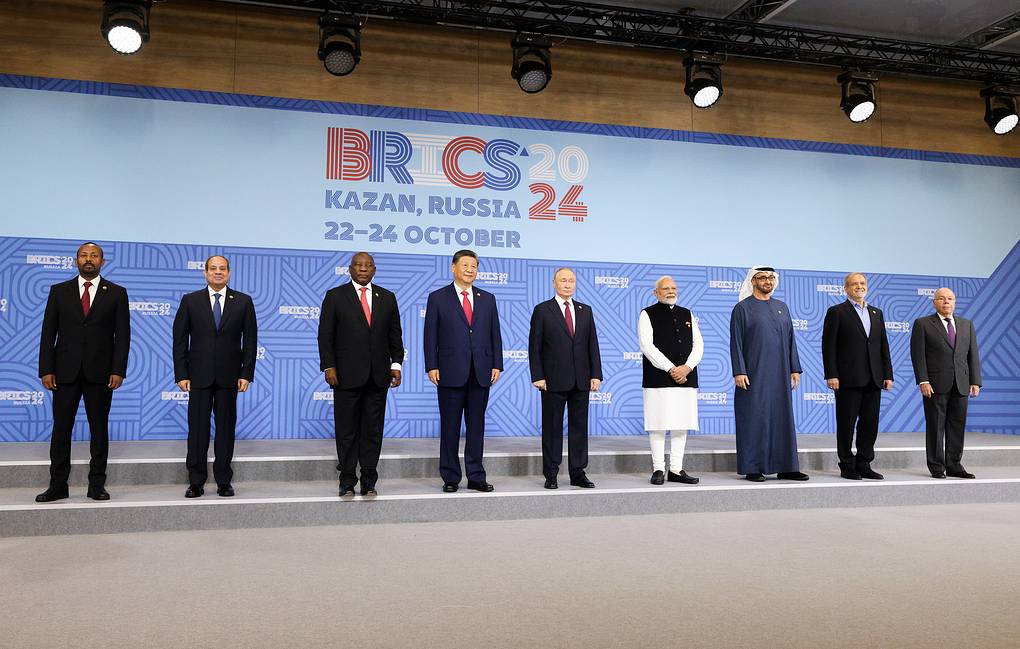The declaration also takes a firm stance against politically motivated unilateral sanctions, which the BRICS nations argue stifle the development of countries and jeopardise global stability

Metro Morning Report
KAZAN, RUSSIA: In a significant development for international relations, the recent BRICS Summit held in Kazan culminated in the adoption of the Kazan Declaration, a sweeping document that encapsulates the perspectives and aspirations of its five member states: Brazil, Russia, India, China, and South Africa. Spanning 134 points across 43 pages, this declaration not only outlines the bloc’s positions on a myriad of global issues but also signals a robust call for reform in international governance structures, particularly the United Nations.
One of the standout features of the Kazan Declaration is its strong advocacy for a comprehensive overhaul of the United Nations, especially the Security Council. The BRICS leaders articulated a vision for a UN that is more democratic and representative, asserting its crucial role in tackling global challenges. In an age marked by rapid technological advancements, they highlighted the UN’s responsibility in overseeing the governance of artificial intelligence, underscoring the need for international oversight to prevent misuse and ensure equitable access.
The declaration also takes a firm stance against politically motivated unilateral sanctions, which the BRICS nations argue stifle the development of countries and jeopardise global stability. In a world increasingly fraught with conflict, the leaders expressed deep concern over rising violence and armed confrontations across various regions. They reaffirmed their commitment to resolving disputes through peaceful means, emphasizing the importance of diplomacy, mediation, and inclusive dialogue.
Particular attention was directed towards the volatile situation in the Middle East. The BRICS leaders condemned Israeli military actions, including a recent attack on the Iranian embassy in Damascus, and reiterated their support for the establishment of a sovereign State of Palestine. They called for its recognition within the internationally acknowledged borders of 1967, reflecting a commitment to a two-state solution as a pathway to enduring peace.
The declaration also touches on the ongoing Ukrainian conflict, with the BRICS nations expressing approval of current proposals aimed at resolution. They encouraged diplomatic initiatives while acknowledging the complexities of the situation, reiterating their respective national positions. In a broader context, the leaders condemned terrorism in all its forms, specifically denouncing attacks on cross-border energy infrastructure and advocating for thorough investigations into such incidents.
On the topic of Iran, the BRICS leaders voiced strong support for reviving the Joint Comprehensive Plan of Action (JCPOA) concerning Iran’s nuclear program, which has been destabilized following unilateral actions by the United States. This highlights their shared interest in promoting regional stability through diplomatic channels.
The Kazan Declaration thus embodies the BRICS bloc’s vision for a multipolar world, advocating for cooperative approaches to global governance, conflict resolution, and sustainable economic development. As tensions mount on the geopolitical stage, the BRICS countries are positioning themselves as a formidable counterbalance to established Western-dominated institutions, aiming to reshape the discourse on international affairs for the benefit of developing nations.



